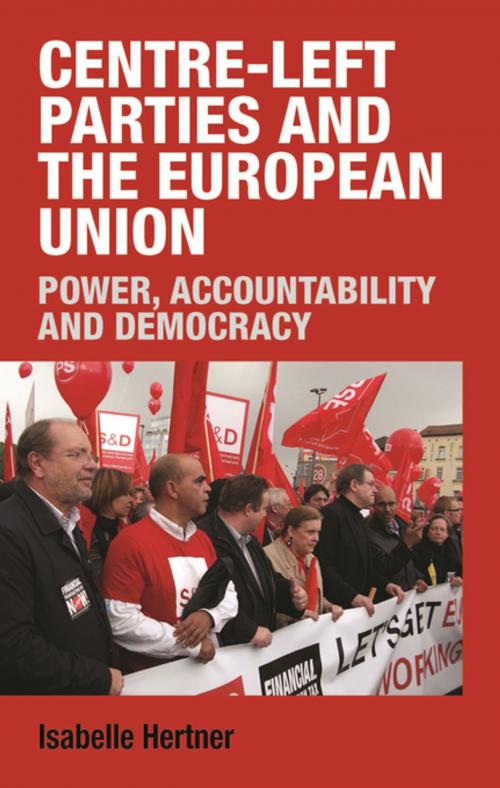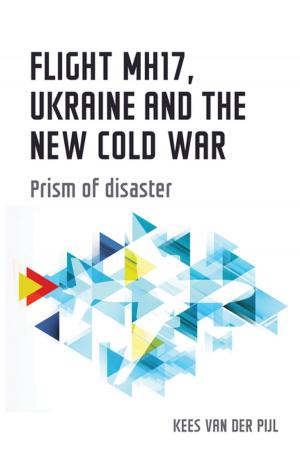Centre-left parties and the European Union
Power, accountability, and democracy
Nonfiction, Social & Cultural Studies, Political Science, International, Foreign Legal Systems, Government, Political Parties| Author: | Isabelle Hertner | ISBN: | 9781526120366 |
| Publisher: | Manchester University Press | Publication: | April 1, 2018 |
| Imprint: | Manchester University Press | Language: | English |
| Author: | Isabelle Hertner |
| ISBN: | 9781526120366 |
| Publisher: | Manchester University Press |
| Publication: | April 1, 2018 |
| Imprint: | Manchester University Press |
| Language: | English |
Does European integration contribute to, or even accelerate, the erosion of intra-party democracy? This book analyses the impact of European Union (EU) membership on power dynamics, focusing on the British Labour Party, the French Socialist Party (PS), and the German Social Democratic Party (SPD). Utilising a principal-agent framework, it investigates who within the parties determines EU policies and selects EU specialists. Drawing on original interviews with EU experts from Labour, the PS, the SPD and the Party of European Socialists (PES), as well as an e-mail questionnaire, this book reveals that European policy has remained in the hands of the party leadership. The study also suggests that the party grassroots are interested in the EU, but that interest rarely translates into influence. As regards the selection of EU specialists, this book highlights that the parties’ processes are highly political, often informal, and in some cases, undemocratic.
Does European integration contribute to, or even accelerate, the erosion of intra-party democracy? This book analyses the impact of European Union (EU) membership on power dynamics, focusing on the British Labour Party, the French Socialist Party (PS), and the German Social Democratic Party (SPD). Utilising a principal-agent framework, it investigates who within the parties determines EU policies and selects EU specialists. Drawing on original interviews with EU experts from Labour, the PS, the SPD and the Party of European Socialists (PES), as well as an e-mail questionnaire, this book reveals that European policy has remained in the hands of the party leadership. The study also suggests that the party grassroots are interested in the EU, but that interest rarely translates into influence. As regards the selection of EU specialists, this book highlights that the parties’ processes are highly political, often informal, and in some cases, undemocratic.















